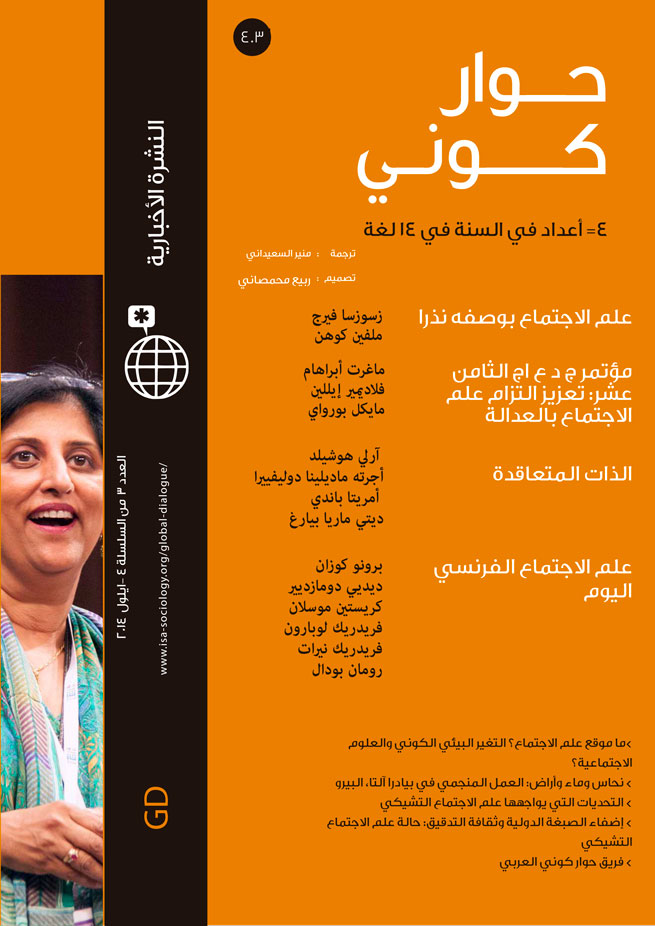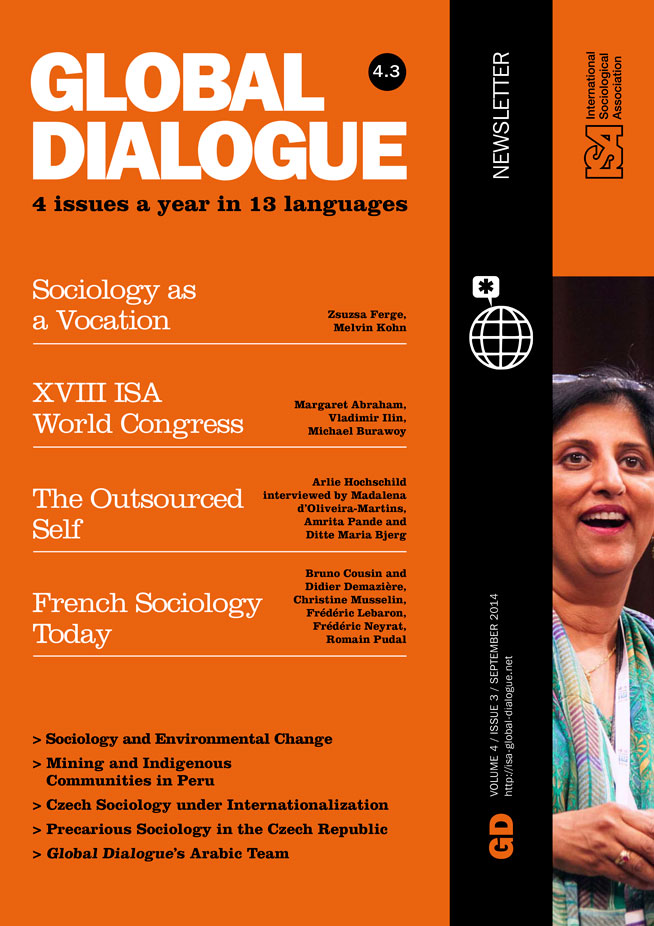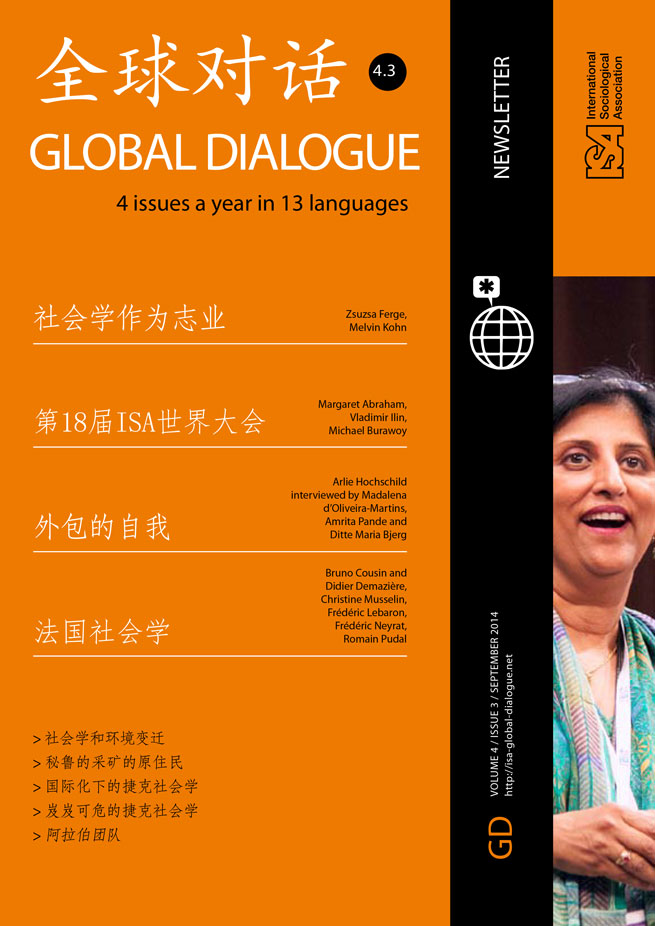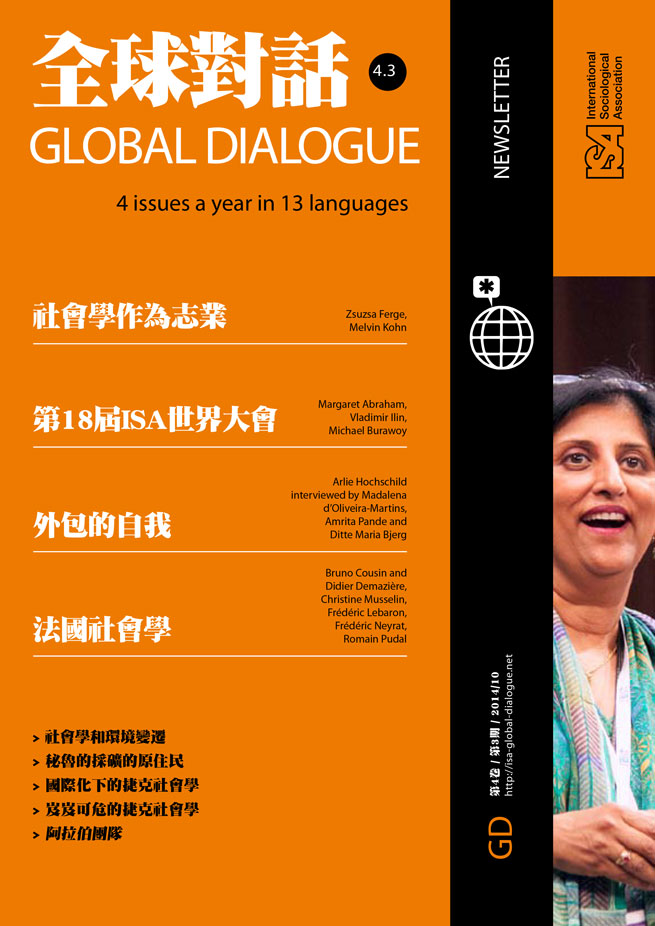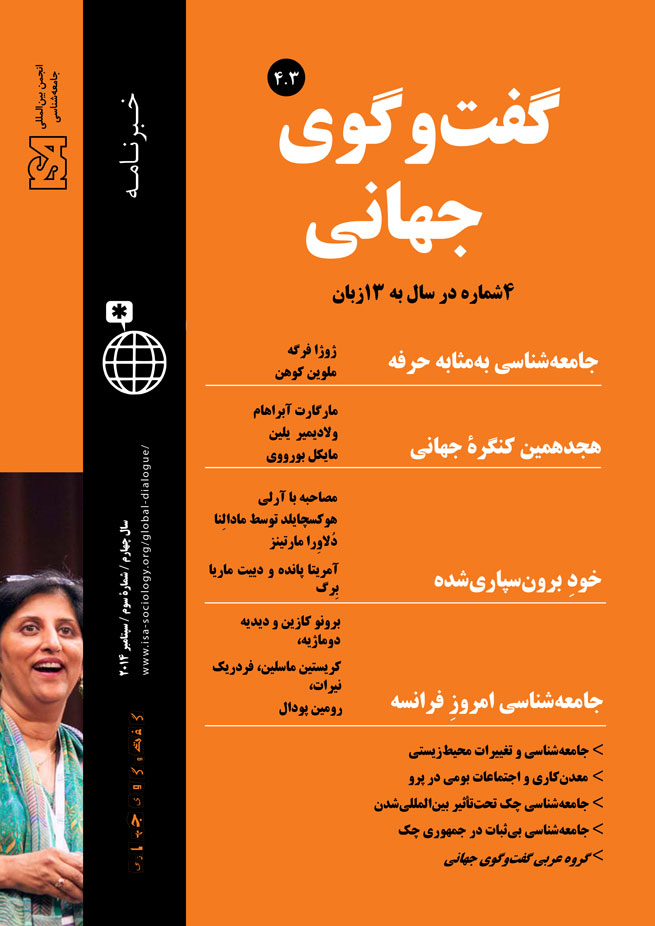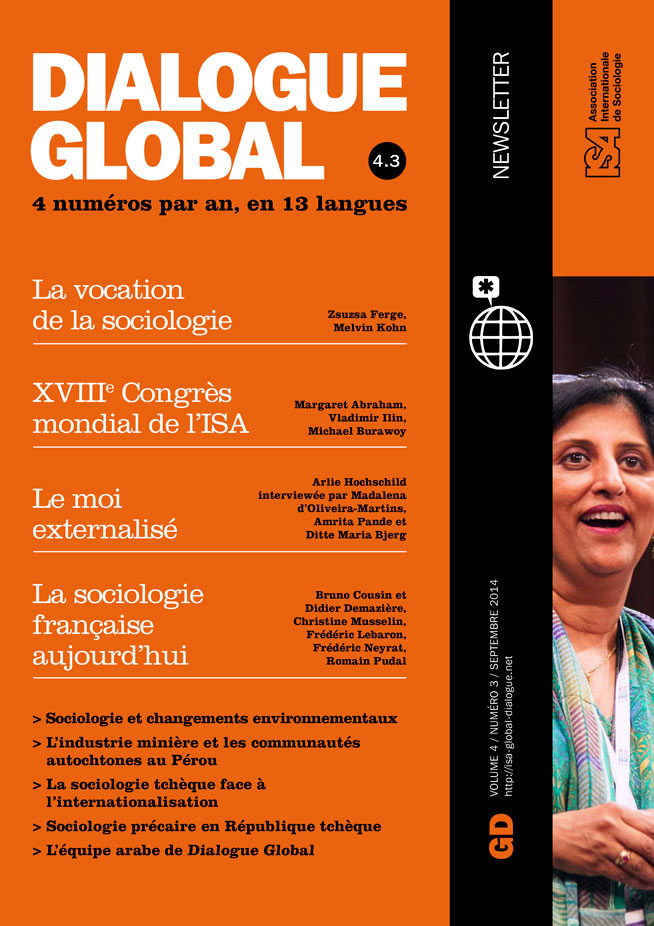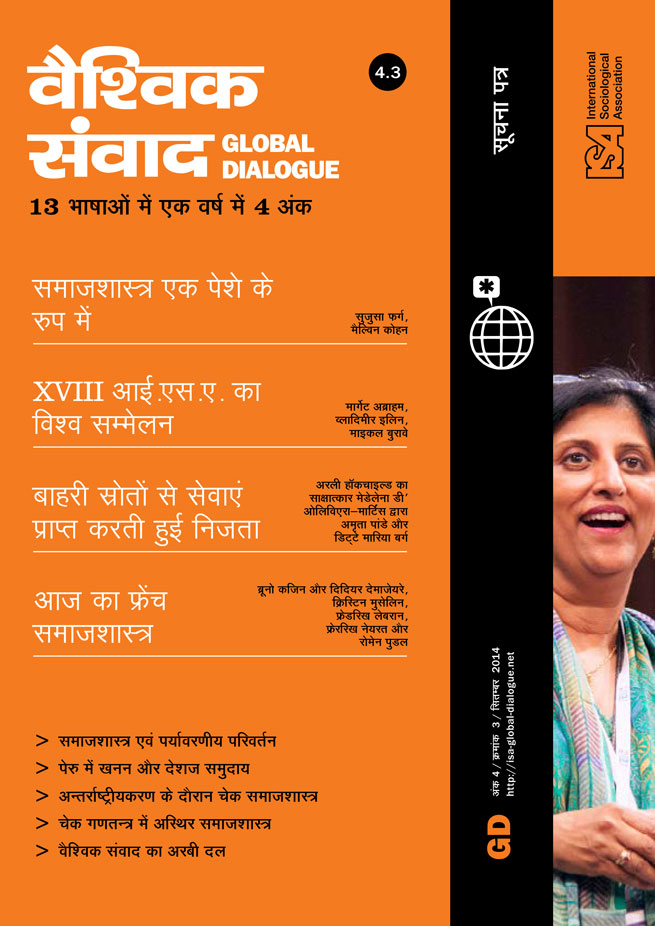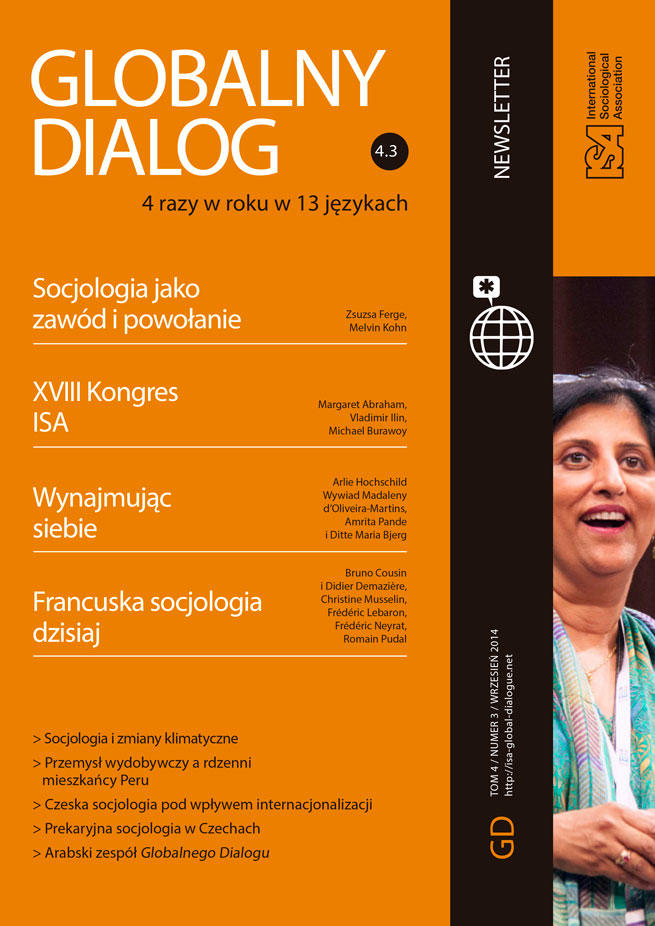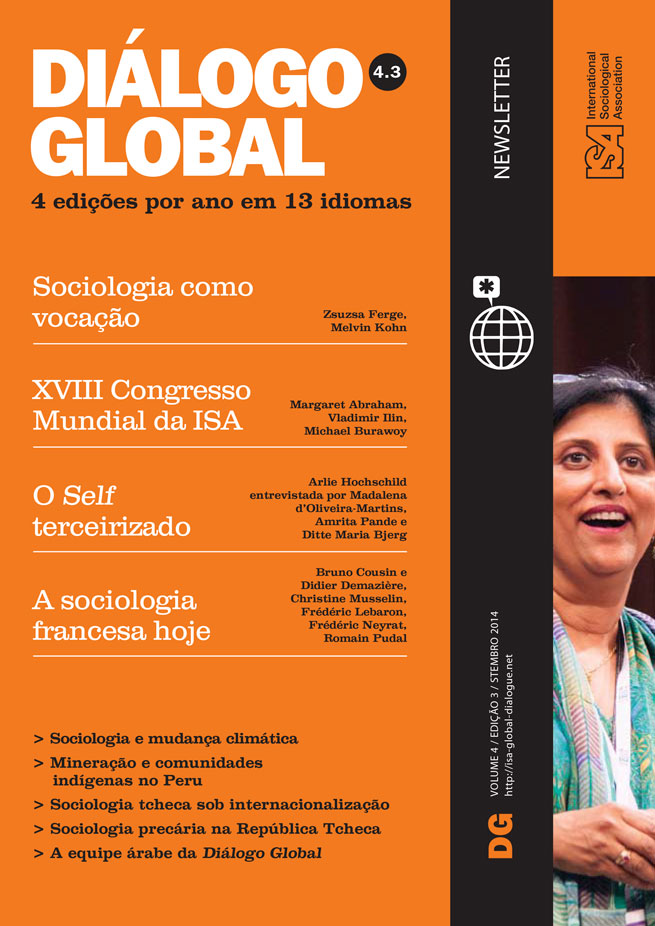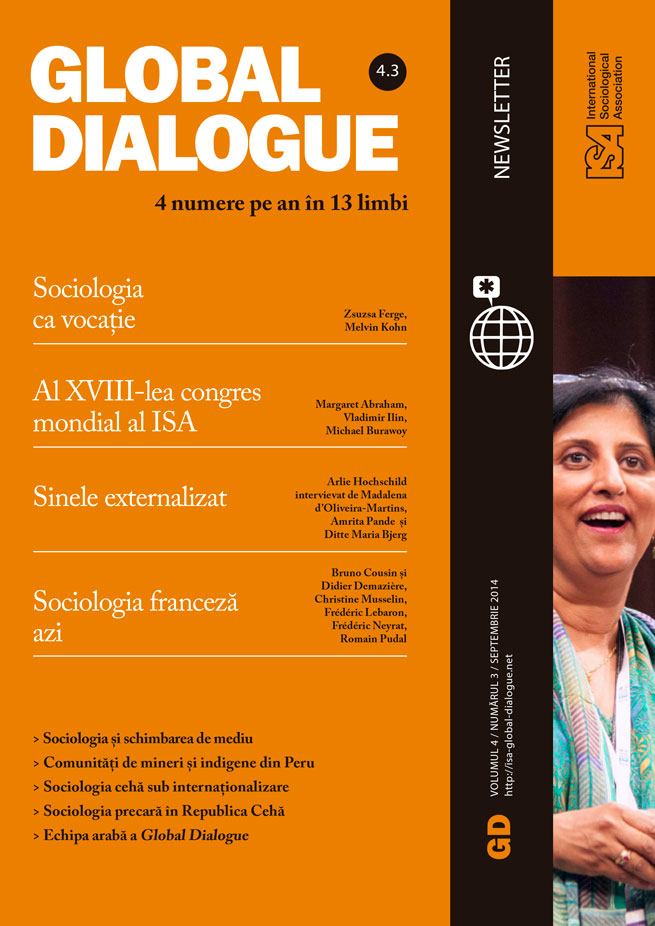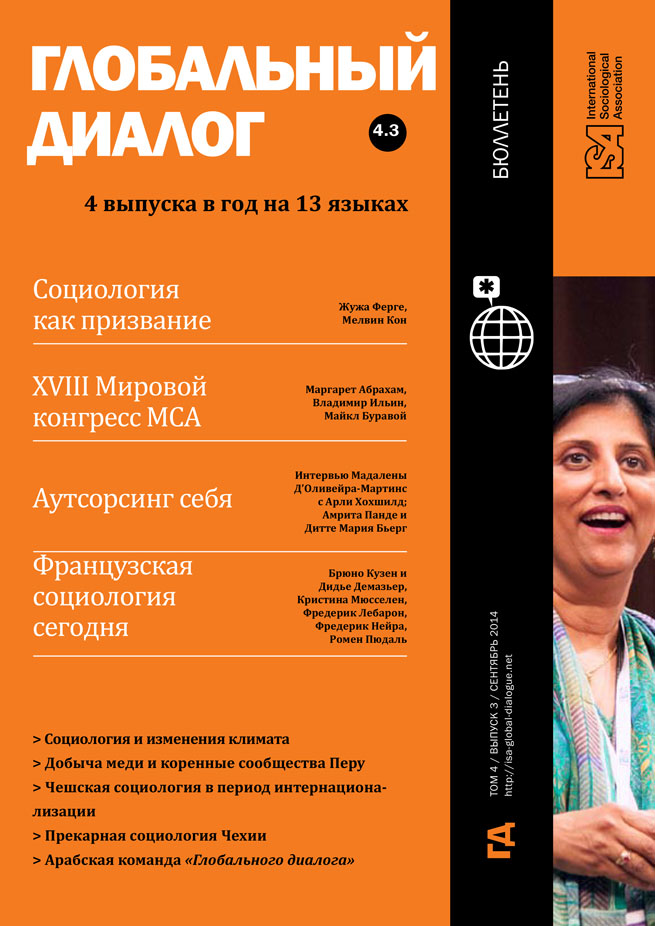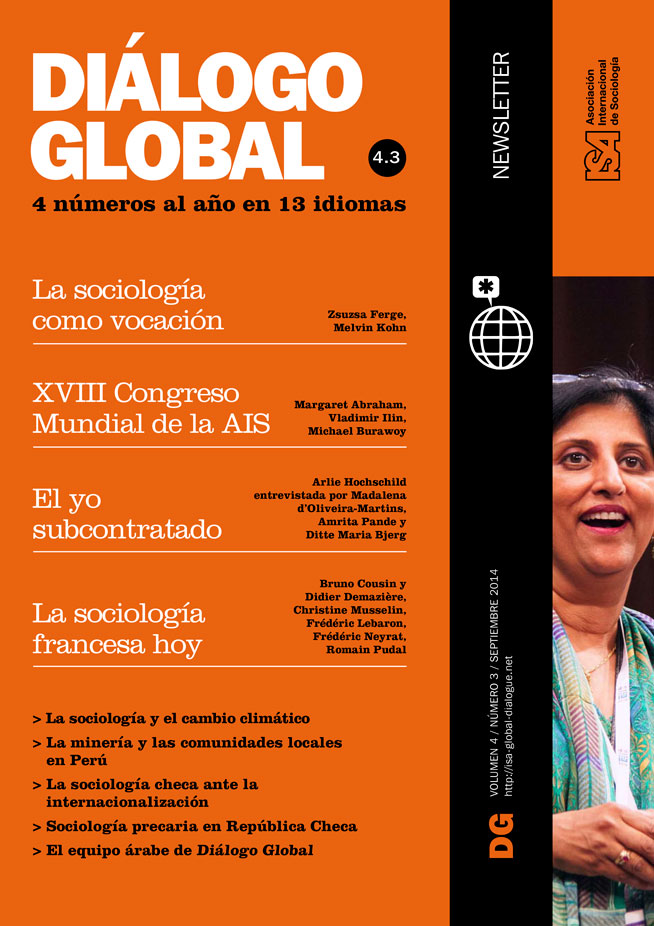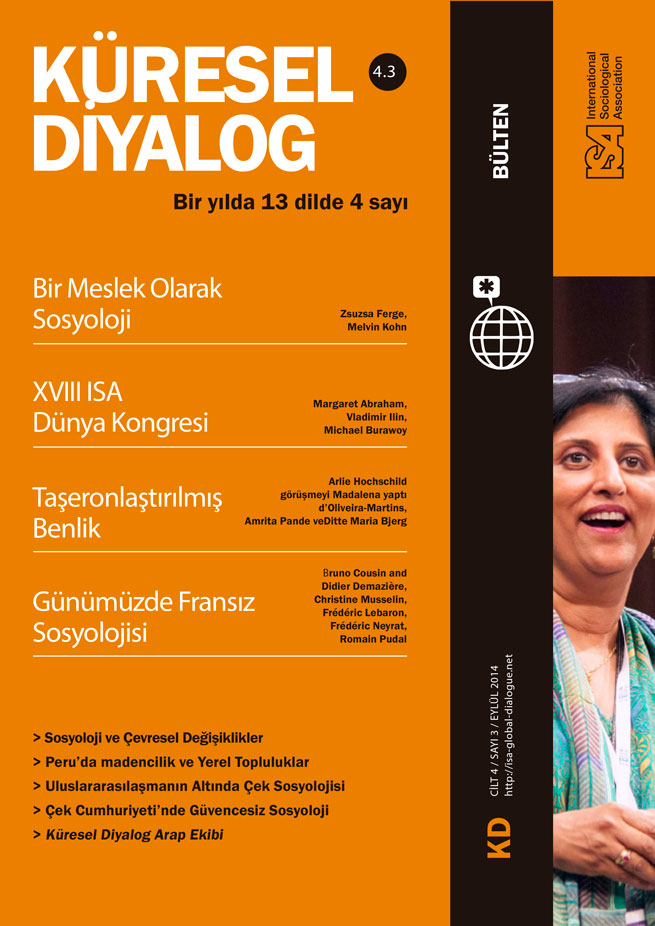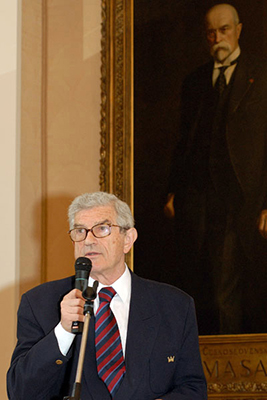Read more about Challenges Facing Czech Sociology

The Precarity of Sociology: Notes from the Czech lands
by Filip Vostal
September 08, 2014
The audit culture and stress on competitiveness affect universities and scientific institutions in many countries, including the Czech Republic. The implications for academic careers, for scientific disciplines, and for publication strategies have repeatedly been analyzed.[1] However, the impact of audit culture on small sociological communities using local national languages is less well understood. It is not only because they are relatively marginal to sociology at large, but also because the consequences of auditing are not always straightforward. Auditing can have both enabling and disabling effects. A positive consequence may be that it encourages scientists to enter the international community, freed from local limitations. On the downside, however, these processes may devalue local scientific communities and local sociology in general. It is this tension that creates both ardent supporters and opponents of the audit culture within academia – including in the Czech Republic.
In small countries like the Czech Republic, which has ten million inhabitants, supporters of strict auditing and competition usually claim that only the international community can impartially judge what constitutes a good sociological production and what does not. By necessity, they argue, a local scientific community of only about a hundred persons must be parochial and is likely to be divided into warring cliques and temporary coalitions competing for limited resources. Advocates of international standards claim that such conditions complicate any form of nationally-based peer-review quality assessment, since, rather than promoting scientific quality, such assessment simply reproduces the power structure of the local disciplinary field.
In contrast, opponents of internationalization and standardization of evaluation criteria emphasize the importance of the local context in the development of the field, arguing that a shift to international publishers and reviewers privileges global issues over local ones. They claim that for a local issue to become internationally recognized, its very formulation has to be transformed into a globally comprehensible one, often changing cultural meanings or sometimes even losing sight of the very phenomenon in question. What may hold true for the natural sciences – which, with few exceptions, do not specify local issues – cannot be applied in the social sciences, where local issues predominate (or, at least, have done so until recently).
As in many ardent disputes, both parties are right, and both aspects – national and international – should be considered in assessing research quality. In large disciplinary communities which communicate using one of the world’s main languages, this balanced model is reasonably practical because local and global dimensions of doing sociology are sufficiently interwoven. But in small minority-language academic communities, promoting international standardized measures as the main – or even the only – criteria may undermine the use of native languages as a medium of communication. Why? Because authors who aim to contribute to the discipline not only in the international arena but also within the local community (e.g. Czech Republic) are obliged to write texts in two modes – in English and in Czech, respectively. The Czech texts are read only by Czech-speaking colleagues, so their impact remains entirely local. In English-written texts, on the other hand, authors must adapt their work for international audiences, often reducing the interest for the Czech sociological community. This creates a dual mode of writing, which can be labelled locally directed and globally directed sociologies, respectively. Although the issue can seem simply a matter of language or translation, it is not; it has a deeper significance because it affects local academics’ choice of research topics as well as publication strategies.
I suppose some readers will shake their heads, muttering “There’s nothing new here. This double pathway, national and international, has always existed.” I agree. Nonetheless, until recently this question concerned only a part of the sociological community – and individual sociologists could choose their preferred direction. For instance, Miloslav Petrusek (1936-2012), the recently deceased prominent Czech sociologist, was a typical representative of locally-directed sociology. Although he was intimately acquainted with world sociology and its trends (he read and spoke several languages), he wrote almost exclusively in Czech (and sometimes in Polish or Russian). His academic activities had strong impact within Czech academia, and since his texts influenced public perception of the discipline, they also influenced sociology’s position in wider society. On the other hand, Jiří Musil (1928-2012), an internationally renowned urban sociologist, had more influence on the international than on the local community, serving in 1998-2001 as the Chairman of the European Sociological Association.[2]

But what was once a matter of personal preference or a fateful choice is no longer so today. The culture of audit and competition knows only one kind of sociology: the globally directed one. Everything directed toward local debates is considered mediocre. Representatives of locally directed sociology rarely get funds for their research and do not achieve academic positions due to insufficient international impact. Thus, it is irrational for sociologists in the Czech Republic to write a good textbook in Czech; far from strengthening their reputation, such a move would be taken as a sign that the author has abandoned an international research career. As a consequence, Czech students learn from global textbooks like that of Giddens, which focus on how society functions in the UK and the US; these societies serve as templates for understanding all local situations. New sociological terms are introduced into the local community by translators, not by scholars in the field. The local public, too, gains their understanding of sociology – and of today’s society – from translations of global authors, whose books cover the local situation only marginally, if at all.
The culture of audit and competition privileges globally directed research over locally directed sociology. If scientific excellence is defined as recognition by a global academic community, most scholars will focus exclusively on publications in the English language, which is exactly what most of the Czech Republic’s ambitious young social scientists do today: their best work is published in English in global journals.
I am not suggesting that locally directed or national sociology is more valuable than globally directed (or international) research. In many cases (dare I say in most?), locally directed research and publications are of average quality. Nonetheless, they are the means through which a linguistically small academic community reflects the local situation and communicates ideas to students and the general public. In the context of pressures to publish globally, academic sociology’s effort to engage with the local public tends to be downgraded to the status of mere “dissemination of results,” an activity not considered as “doing science.” Globally directed sociology perpetuates the idea that global society transcends the local, leading locally occurring phenomena to be considered as nothing more than instances of global processes.
[1] See, for example, Holmwood, J. (2010) “Sociology’s misfortune: disciplines, interdisciplinarity and the impact of audit culture.” The British Journal of Sociology, 61(4), 639-658.
[2] Looking at Czech society from a more general perspective, the great scientifi c, artistic or political fi gures of the past were also often either locally or globally directed. A well known pair of Czech music composers, Bedřich Smetana (1824-1884) and Antonín Dvořák (1841- 1904), come to mind; the former cherished mainly in the Czech lands, the latter appreciated globally.
Martin Hájek, Charles University, Czech Republic <>
This issue is not available yet in this language.
Request to be notified when the issue is available in your language.
If you prefer, you can access previous issues available in your language:
